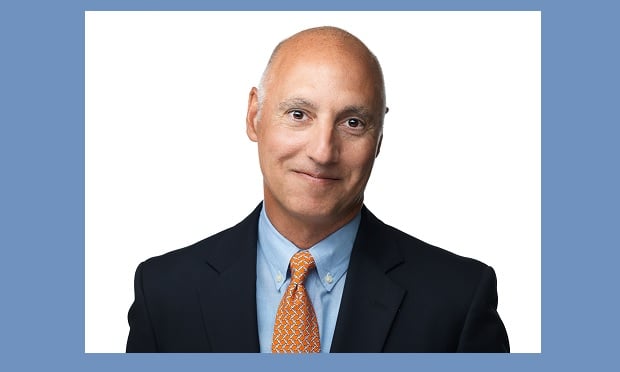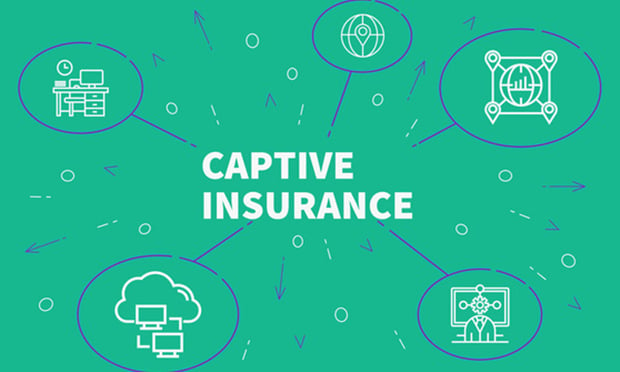What is the scariest risk in an insurance broker's area of expertise?
London-headquartered insurance broker Willis Group Holdings on its WillisWire blog has listed the 21 scariest risks in the areas of expertise among its individual experts. The risks range from bird flu to weapons of mass destruction to the Macondo Mach II oil spill disaster in the Gulf of Mexico, as well as data breaches and other risks that can go bump in the night.
Take a poll at the end and see which risk is scariest for your business.
Recommended For You
Want to continue reading?
Become a Free PropertyCasualty360 Digital Reader
Your access to unlimited PropertyCasualty360 content isn’t changing.
Once you are an ALM digital member, you’ll receive:
- Breaking insurance news and analysis, on-site and via our newsletters and custom alerts
- Weekly Insurance Speak podcast featuring exclusive interviews with industry leaders
- Educational webcasts, white papers, and ebooks from industry thought leaders
- Critical converage of the employee benefits and financial advisory markets on our other ALM sites, BenefitsPRO and ThinkAdvisor
Already have an account? Sign In Now
© 2025 ALM Global, LLC, All Rights Reserved. Request academic re-use from www.copyright.com. All other uses, submit a request to [email protected]. For more information visit Asset & Logo Licensing.








